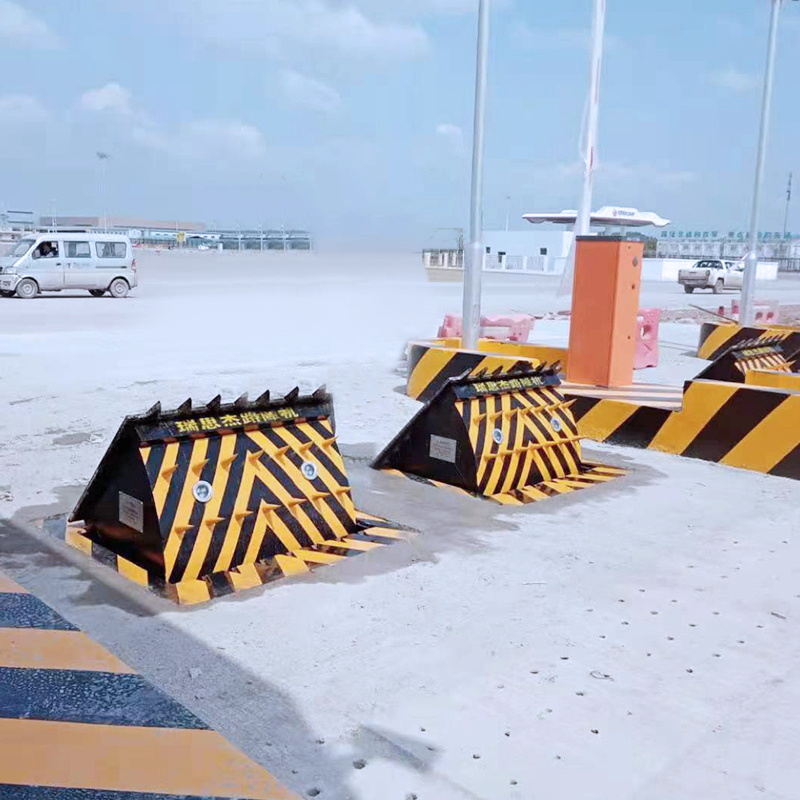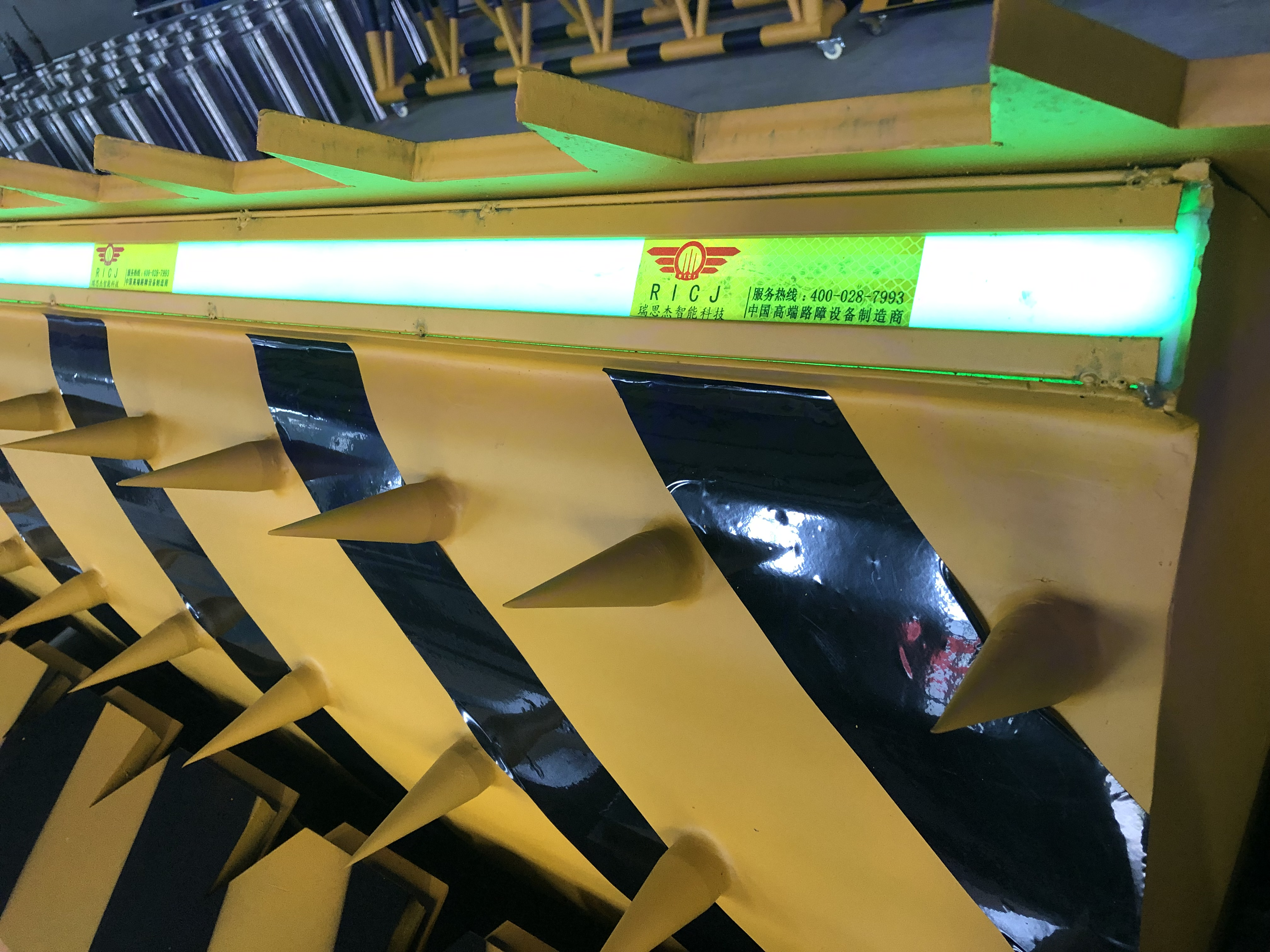 Anti-terrorism road blocks are essential security installations designed to prevent terrorist attacks and maintain public safety. These road blocks are typically placed at critical locations such as government buildings, airports, large event venues, and around important infrastructure to mitigate potential threats from terrorists. Here are some key features and functions of anti-terrorism road blocks:
Anti-terrorism road blocks are essential security installations designed to prevent terrorist attacks and maintain public safety. These road blocks are typically placed at critical locations such as government buildings, airports, large event venues, and around important infrastructure to mitigate potential threats from terrorists. Here are some key features and functions of anti-terrorism road blocks:
-
Physical Barriers: Anti-terrorism road blocks are usually constructed from sturdy materials like reinforced concrete or steel, capable of withstanding vehicle impacts and bomb blasts. They effectively deter terrorists from attempting vehicular attacks.
-
Access Control: These road blocks can be managed through integrated access control systems, allowing only authorized personnel to enter specific areas. This helps ensure that only legitimate individuals can approach sensitive sites.
-
Visual Deterrence: The mere presence of anti-terrorism road blocks has a deterrent effect, discouraging potential terrorists from taking action. They can also serve as a display of the government’s commitment to security.
-
Rapid Response: In emergency situations, anti-terrorism road blocks can be quickly activated or deactivated to permit the passage of emergency service vehicles. This enhances the efficiency of rescue and emergency response efforts.

In summary, anti-terrorism road blocks are a critical security measure aimed at reducing the threat of terrorism and safeguarding the public from potential dangers. By employing these road blocks, governments and institutions can better address terrorism threats, ensuring peace and stability in society.
Please inquiry us if you have any questions about our products.
You also can contact us by email at ricj@cd-ricj.com
Post time: Sep-07-2023







